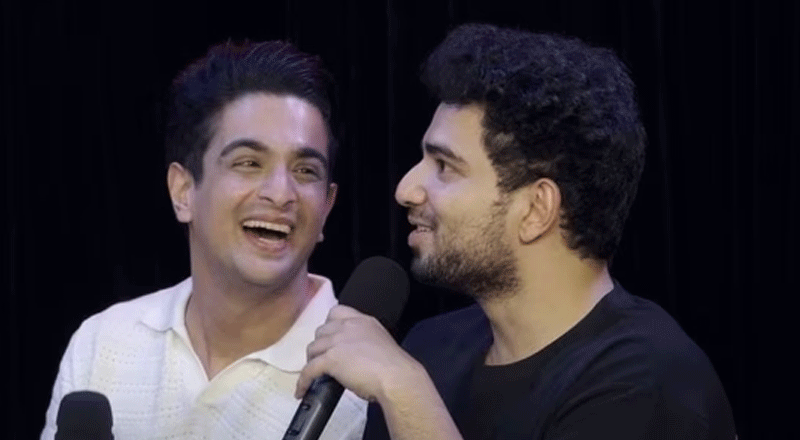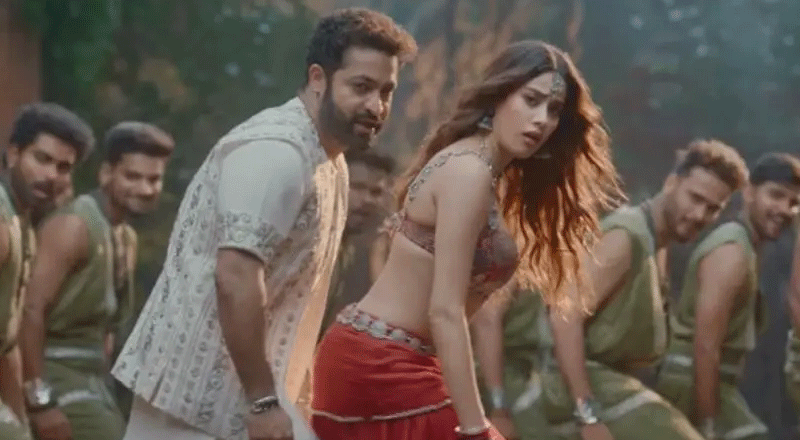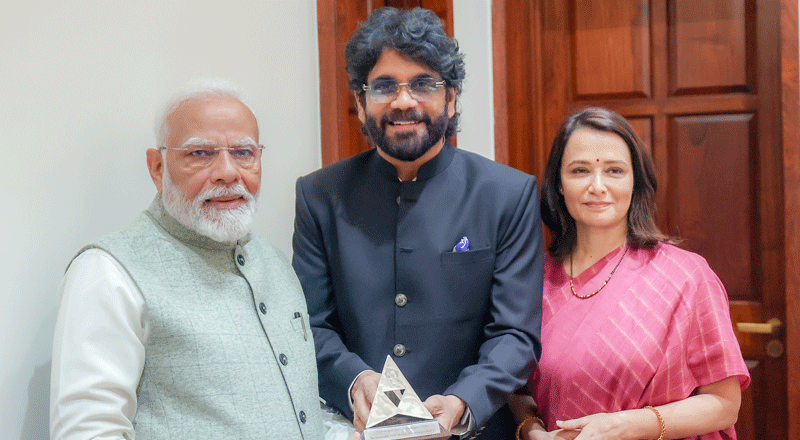The rise of YouTube as a dominant content platform has provided a space for creativity, entertainment, and free speech. However, recent controversies, such as the one involving YouTuber and podcaster Ranveer Allahbadia, have sparked debates on the ethical limits of online content. Allahbadia, known as the “BeerBiceps Guy,” found himself in legal and social turmoil following crass remarks made on the roast show India’s Got Latent. The controversy has now reached the Parliament, with discussions on the necessity of regulations for YouTube content. This incident raises broader concerns regarding the influence of digital platforms and the accountability of content creators.
The Rise of YouTube Channels and Unchecked Content
YouTube has grown exponentially over the past decade, with millions of creators emerging across genres such as education, entertainment, comedy, and politics. Channels like BeerBiceps have amassed millions of followers, influenced public opinion and shaped cultural conversations. However, with great influence comes responsibility, and as seen in the Allahbadia controversy, content can sometimes cross ethical and moral boundaries.
Comedy and roast shows on YouTube have gained immense popularity, often pushing the limits of acceptable speech. Shows like India’s Got Latent, hosted by comedian Samay Raina, thrive on dark humor and unfiltered commentary. While such content appeals to specific audiences, it also raises concerns about the impact of crude and offensive material on young and impressionable viewers.
The Ranveer Allahbadia Controversy: A Turning Point
The controversy began when a clip from India’s Got Latent went viral, showing Allahbadia making a vulgar remark to a contestant. The backlash was swift, leading to multiple police complaints in Mumbai and Guwahati. Assam Chief Minister Himanta Biswa Sarma confirmed an FIR had been lodged against Allahbadia and others involved, citing the promotion of obscenity and sexually explicit discussions.
The situation escalated when members of Parliament, including Rajya Sabha MP Priyanka Chaturvedi, demanded action. She highlighted the need for accountability, especially for influencers with massive audiences. Given Allahbadia’s stature—having hosted political leaders and industry giants on his podcast—the controversy gained national attention, with discussions about the ethical boundaries of digital content creation.
The Structure of India’s Got Latent and Its Impact
India’s Got Latent is a YouTube-based reality show that allows contestants to showcase unique skills, ranging from poetry and music to magic and stand-up comedy. Unlike traditional talent shows, this platform thrives on humor—often crude and dark—as the primary entertainment factor.
One of the show’s distinctive features is its rotating panel of judges, with only host Samay Raina being a constant. Contestants must predict their own scores before performing, and if the judges’ ratings align with their prediction, they win the prize money from ticket sales. While this format makes for engaging content, it also fosters a culture where shock value often takes precedence over talent and decorum.
The growing trend of roast culture on YouTube, coupled with a lack of regulatory oversight, has led to an increase in controversial content. Many creators operate in a gray area, balancing on the fine line between humor and offense. However, the India’s Got Latent incident has ignited discussions on whether such platforms need stricter monitoring.
The Need for Regulation in Digital Content
As YouTube channels grow in influence, the absence of clear guidelines for content moderation becomes a pressing issue. Unlike television and print media, digital platforms operate with minimal regulatory oversight, allowing creators to push boundaries without facing immediate consequences. The Ranveer Allahbadia controversy highlights the need for structured guidelines to:
- Ensure Responsible Content Creation – Influencers with massive followings must be held accountable for their words and actions, particularly when their content reaches young audiences.
- Implement Clear Community Standards – While YouTube has policies on hate speech and explicit content, enforcement remains inconsistent. Stricter guidelines on humor, roast culture, and ethical discourse are necessary.
- Encourage Ethical Comedy – Satire and humor should not come at the expense of ethical standards. Content creators should adopt responsible scripting and avoid resorting to crude or offensive jokes purely for engagement.
- Introduce Penalties for Violations – Regulatory bodies should have mechanisms to penalize creators who repeatedly produce inappropriate content, ensuring a balance between creative freedom and social responsibility.
- Strengthen Parental Control and Viewer Discretion – Platforms should enhance parental control options, allowing guardians to regulate the content their children consume.
The Ranveer Allahbadia controversy is more than just a social media uproar; it signifies a larger issue regarding digital content regulation. While YouTube offers unparalleled creative freedom, it also comes with responsibilities that creators must uphold. The increasing influence of YouTube channels necessitates discussions on ethical content creation and stricter regulatory measures.
As the debate reaches Parliament, it remains to be seen whether India will introduce structured guidelines for digital platforms. While outright censorship is not the answer, a framework ensuring accountability and responsible content creation is imperative. The controversy serves as a wake-up call for content creators to recognize the power of their platforms and the impact their words can have on society.
(With inputs from agencies)





